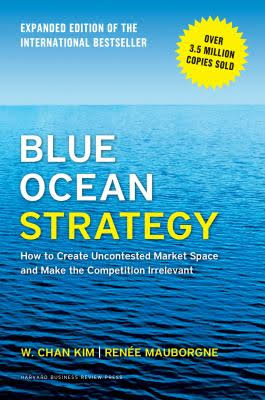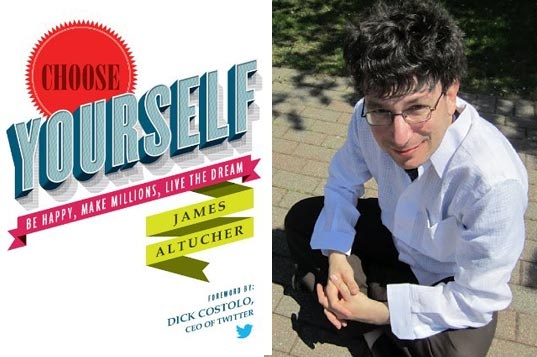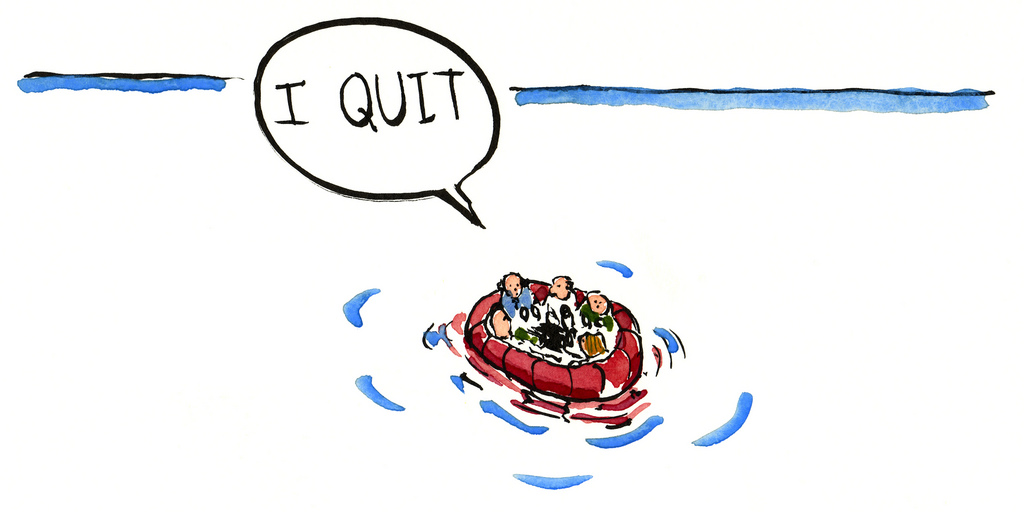One thing you will learn about me by subscribing to this blog is I have had many jobs in my life. I love sharing stories about them, like fending off jerks at gas stations. I have also worked at many bars and restaurants over the years. This story is about a lesson I learned as a server that you can apply to your business.
I once worked for a restaurant/folk bar / Jewish buffet/club in Toronto called Free Times Café (still going strong). Like many restaurants and bars in T.O., this one is in an old home. It is decorated with funky lamps and mismatched tables and chairs. It has a cool, eclectic, artsy vibe.
Nights for me were filled with folk music and serving beer; Sundays had live Klezmer bands and enough latkes and blintzes to make anyone cry, "Oy!". I also had busy weekday lunches, serving neighboring office workers and college students. At Free Times, I learned the secret power of a free slice of pie.
The Secret Power of a Free Slice of Pie
One weekday, I was serving a table of four women over lunch. One of the women was annoyed because her meal came out much later than the other three. The kitchen was backed up, a mistake was made with her order, and she had to wait and eat after her friends had dug into their dishes.
As a server, you have only a few things to get right to serve people. Getting the orders correct and high-quality is essential to ensuring customers are happy. In addition, smiling and remembering names always helps. Going that extra mile in any way possible will ensure a nice tip.
The hungry woman was angry about the situation. I couldn't blame her. There she sat, salivating, as her colleagues pigged out. I knew the secret to making everything good again - the pie.
We usually had two different cakes or pies each day of the week. The server's job was to pretty up the plate and up-sell them to customers. A slice of pie already looks nice, but add a little syrup, whipping cream, and a dusting of cinnamon or chocolate powder, and boom! That's a fine-looking dish.
One dollar earned us a lifelong customer.
After clearing the woman's plate, I delivered a delicious-looking pie plate. I apologized for the mix-up in the kitchen and exclaimed dessert was on me. Her anger changed to joy as her eyes lit up in elated delight. Her companions all burst out with a supportive laugh. All was good in the world again. The event made the lunch a positive and memorable experience.
Not only did the lady leave happy, but she returned several times each month for lunch with friends. One of her colleagues returned for lunch soon after. She sheepishly admitted she had hoped I would mess up her order so she could get the free pie, too.
One free slice of pie cost the house less about a buck. One dollar earned us a lifelong customer. I would say it was worth every cent.
What can you offer your disgruntled customers to make things great again? It probably won't cost you as much as you think.











































